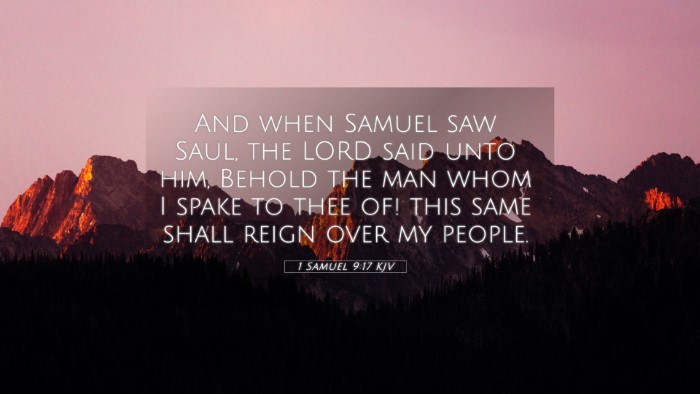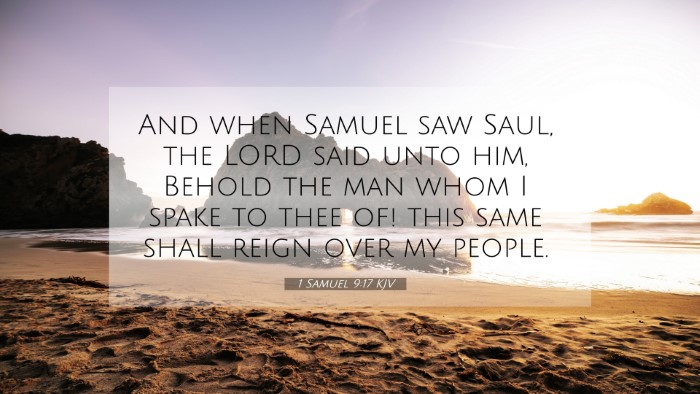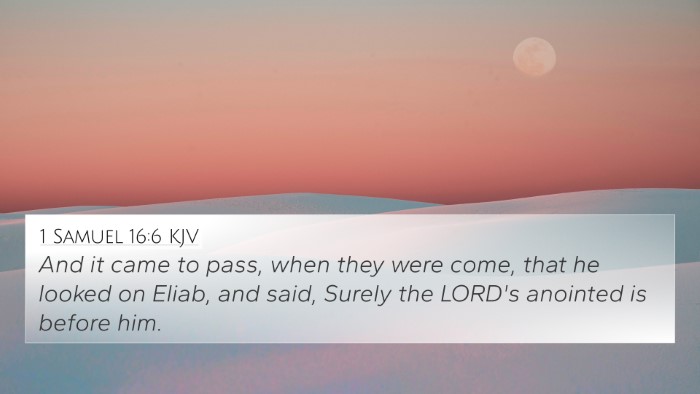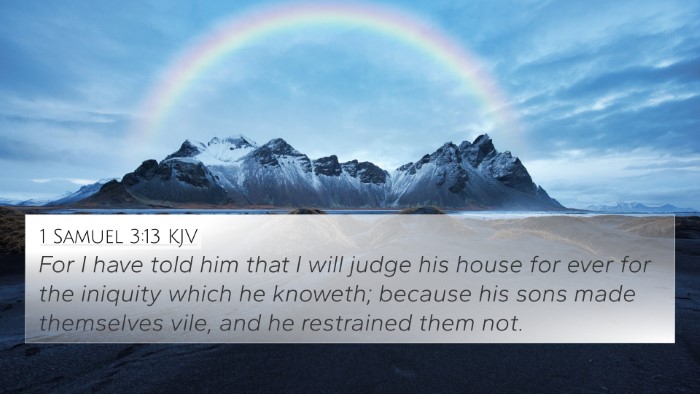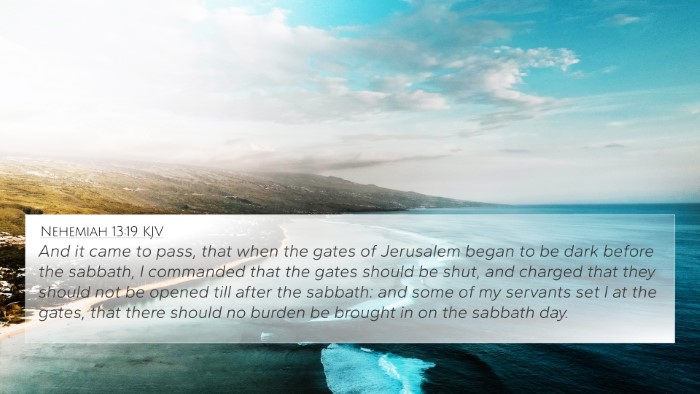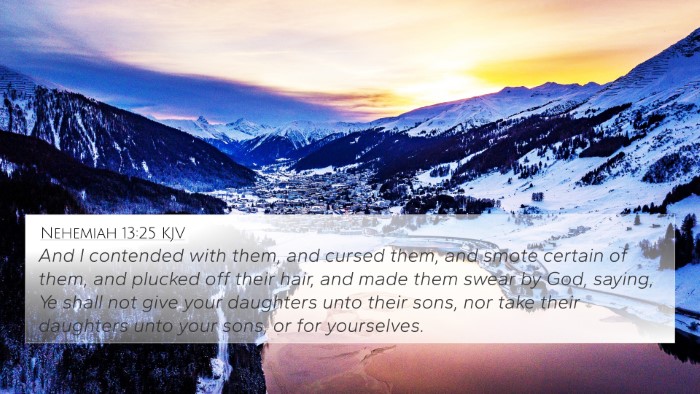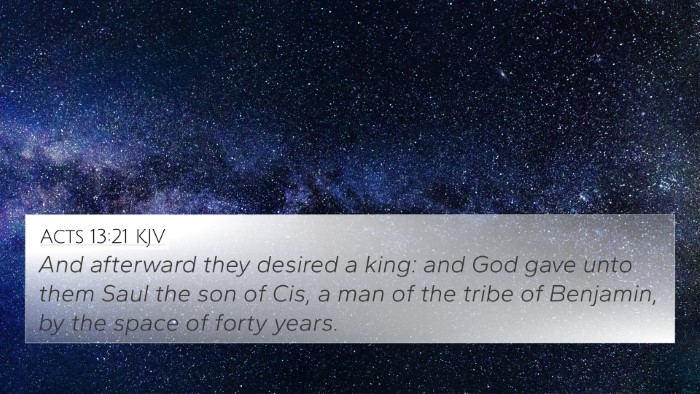Understanding 1 Samuel 9:17
Bible Verse: 1 Samuel 9:17 - “When Samuel saw Saul, the Lord said to him, ‘There is the man I spoke to you about; he will govern my people.’”
This verse marks a pivotal point in the narrative of the Israelites choosing a king. It highlights the divine orchestration in Samuel's encounter with Saul, as well as the significance of Saul’s anointment.
Summary of Insights from Commentaries
Matthew Henry’s Commentary
Henry emphasizes the providence of God in choosing leaders. He notes that Saul’s arrival is not merely coincidental but divinely ordained. This moment illustrates God's sovereignty, preparing the way for a monarchy in Israel.
Albert Barnes’ Commentary
Barnes elaborates on the transformational aspect of this encounter. He suggests that the selection of Saul underscores a change in Israel's governance. Saul is presented as the anointed one, reflecting both his stature and the responsibilities he must bear.
Adam Clarke’s Commentary
Clarke brings attention to the implications of Saul's future role. He notes how this moment intertwines with the larger narrative of Israel’s history, where the transition from judges to kings is pivotal. Clarke also reflects on the nature of divine revelation, suggesting that God preordains leaders and reveals them at the appointed time.
Key Themes and Concepts
- Divine Providence: The notion that God actively guides history and the decisions of His people.
- Leadership: The qualities needed for leadership and the importance of divine approval in governing.
- Transition: The shift from a theocracy to a monarchy, indicating a significant change in leadership structure.
Cross-Referencing Biblical Texts
Understanding this verse can be deepened by examining related passages which highlight similar themes and narratives. Here are several cross-references:
- 1 Samuel 8:7: God’s response to Israel’s demand for a king.
- 1 Samuel 10:1: The anointing of Saul by Samuel.
- 1 Samuel 13:14: God’s rejection of Saul's kingship.
- 1 Samuel 16:1: God’s command to anoint David as Saul's successor.
- Psalm 89:20-21: A reflection on God’s choice of leaders.
- Proverbs 21:1: The heart of the king is in the hand of the Lord.
- Acts 13:21-22: Mention of Saul's reign and God's choice of David.
Inter-Biblical Dialogue
Saul’s story resonates through both the Old and New Testaments. The selection and eventual downfall of Saul as a king lays foundational themes regarding leadership, divine choice, and the consequences of disobedience. Such explorations lead to engaging discussions on:
- The contrasts between Saul and David.
- The concept of anointed leadership in Biblical theology.
- Lessons on the nature of human kingship versus divine authority.
Conclusion
1 Samuel 9:17 serves as a significant juncture in the Bible, serving not just as a historical record but as a theological teaching on the nature of God’s sovereignty, the importance of godly leadership, and the transitions within the nation of Israel. The implications of this verse lead to reflections on contemporary leadership, urging us to view our leaders—whether secular or spiritual—through the lens of divine intention and purpose.
For those interested in studying the connections between Bible verses and understanding their meanings deeply, tools such as a Bible concordance or a Bible cross-reference guide can enhance one's study experience. Utilizing these resources aids in cross-referencing Biblical texts, providing a comprehensive understanding of inter-Biblical dialogue and thematic connections.

